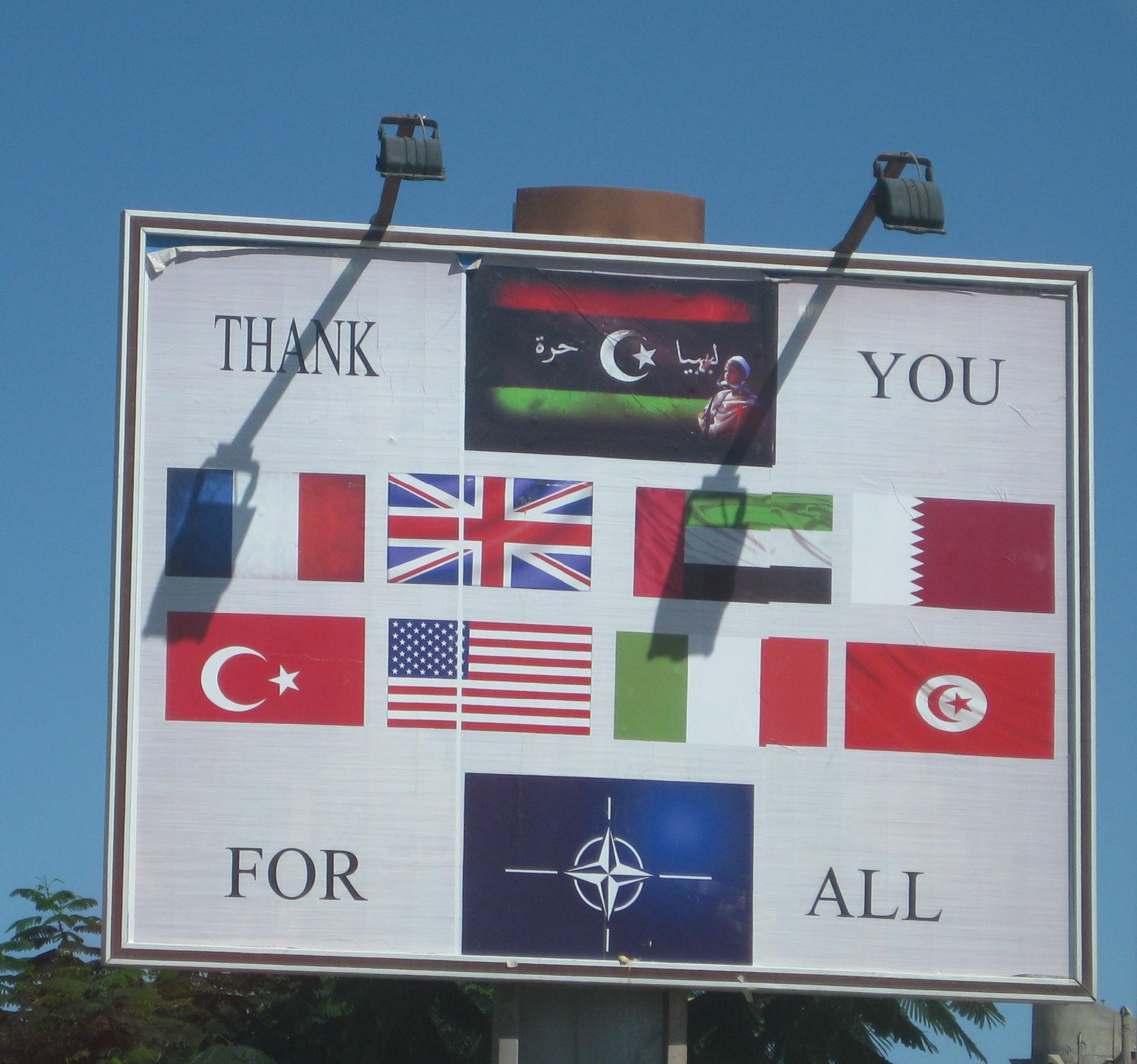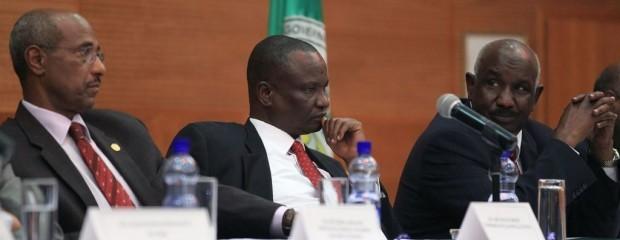Libya: NTC must exercise authority and tackle militias – By Jason Pack

 The current situation in Libya can be best characterized as a struggle pitting the ‘centre’ that controls national institutions, the flow of oil, and billions in unfrozen assets against a marginalized ‘periphery’ that can challenge the centre’s legitimacy via its use of force and appeal to local loyalties.
The current situation in Libya can be best characterized as a struggle pitting the ‘centre’ that controls national institutions, the flow of oil, and billions in unfrozen assets against a marginalized ‘periphery’ that can challenge the centre’s legitimacy via its use of force and appeal to local loyalties.
On February 17th, Libyans commemorated the one-year anniversary of their revolution against Muammar Qadhafi. Simultaneously, Amnesty International released a report accusing the victorious anti-Qadhafi militias of war crimes, widespread use of torture, and hindering the rebuilding of state institutions. The carnival-like atmosphere during the anniversary celebrations was marred by the palpable fear that the Libyan interim government — the National Transitional Council (NTC) — is failing to cement its authority.
In the past weeks, rival militias have vied for dominance in Tripoli. Government officials were briefly expelled from the former Qadhafi stronghold of Beni Walid. After the national army proved powerless to resolve the situation, pro-government militias restored order. On February 13th, militia leaders from Western Libya gathered to form a paramilitary-federation. They accused the NTC of corruption, failure to integrate militiamen into the newly-formed national army, and of allowing former Qadhafi supporters to retain undue influence. Impatient with the NTC’s lack of capacity to efficiently seize and prosecute former Qadhafi loyalists for their crimes against the Libyan people, some militias have resorted to vigilante justice. Despite the power of the periphery to act upon these genuinely popular grievances, little chance exists of its component militias merging into a coherent alternative government.
The NTC has manifestly failed to respond coherently to these challenges. This leadership vacuum has been filled by a protracted low-intensity power struggle pitting the NTC against the militias. In this central contest, the bulk of the Libyan people possess divided allegiances. Most Libyans are angry that the NTC has not moved swiftly enough to purge Qadhafi cronies from positions of influence. Events in neighbouring Egypt have prompted segments of Libya’s youth to consider allying themselves with certain militias and initiating a second revolution.
Conversely, amidst this overwhelming desire for more change, people simultaneously fear the agents of the current upheaval. In the words of a taxicab driver I spoke to in a Tripoli suburb, “Under Qaddafi the traffic and road police were bad, but at least people went out and I made a living. Now, traffic and militia checkpoints are entirely unpredictable, no one goes out at night, and I can’t make a living.”
The key problem today is not security, per se, but rather a hesitant NTC that is often reluctant to exercise its authority — preferring negotiations and extending patronage networks to its opponents rather than swiftly enacting government decrees. At present, the NTC appears to be operating under a mistaken “security and legitimacy-first” doctrine which maintains that bold initiatives cannot be undertaken until further stability is achieved and an elected government takes office after the June elections. Paradoxically, only by redressing the current centre-periphery imbalance can Libya achieve the security required to jump-start its economy and hold free and fair elections.
Despite the prevalence of this discourse of helplessness, the NTC is far from powerless. It has a number of economic and political tools at its disposal. It has earmarked $8 billion in this year’s budget to reintegrate combatants into civilian life by offering training grants, employment advice, small business loans, and financial assistance for marriage. The problem, however, is that the NTC has demonstrated a striking lack of institutional capacity with which to implement such policies. It should draw upon increased support from foreign nations eager to help build a prosperous Libya. To date, too little international assistance has been offered; the NTC has been shy to requested it and outside actors are overly cautious of being perceived as imposing a nation building agenda.
Both these concerns are misplaced. Libya is not Iraq or Afghanistan.
The anti-Qadhafi revolution was immensely popular and the NTC is its legitimate representative. It is true that certain militias enjoy intense localized support and that they have successfully pressured the NTC to act upon popular grievances. Yet, despite various attempts to unite the militias, little chance exists of them merging into a coherent alternative authority. Most Libyans understand the urgent need to create a functioning central government. They therefore look favourably upon Western efforts to help them accomplish this.
Immediate action against the militias is necessary before they further entrench themselves in the Libyan social system and prevent the emergence of a national polity. Innovative — though controversial tools — could be employed by the NTC and facilitated by Western policy makers such as anti-militia propaganda, engagement with the political rather than the military wings of the moderate Islamists, and reaching out to the ‘losers’ of the revolution.
The Middle East has historically been a “penetrated system” in which Arabs have blamed foreign powers for meddling in their internal affairs to benefit external interests. By contrast, the NATO-led intervention in Libya in 2011 is a remarkable example of outside powers being invited to help an indigenous Arab-led movement. One must not forget that the intervention only occurred because it was first called for by the NTC, then requested by the Arab League, and later endorsed by the UN. This intervention and its aftermath could establish a new precedent for international actors supporting genuine social forces within the Arab World. For the West, it provides the perfect opportunity to re-think our longstanding dependence upon dictators in the region. A stable and democratic Libya governed by the rule of law will not only promote stability throughout the Middle East and Africa; it will lower the long-term price of crude, increase opportunities for Western companies, bring prosperity to the Libyan people, and lessen the possibility of trans-Saharan jihadi networks finding a foothold in the region. Most crucially, it will augur a new trend where Western interests can be secured by supporting popular forces inside the Arab World.
Jason Pack researches Libyan History at Cambridge University. He is the author of the monograph In War’s Wake: The Struggle for Post-Qadhafi Libya released today by The Washington Institute for Near Eastern Policy and available online.





[…] Establishing a monopoly of violence in Lybia: NTC must tackle militias by Jason […]